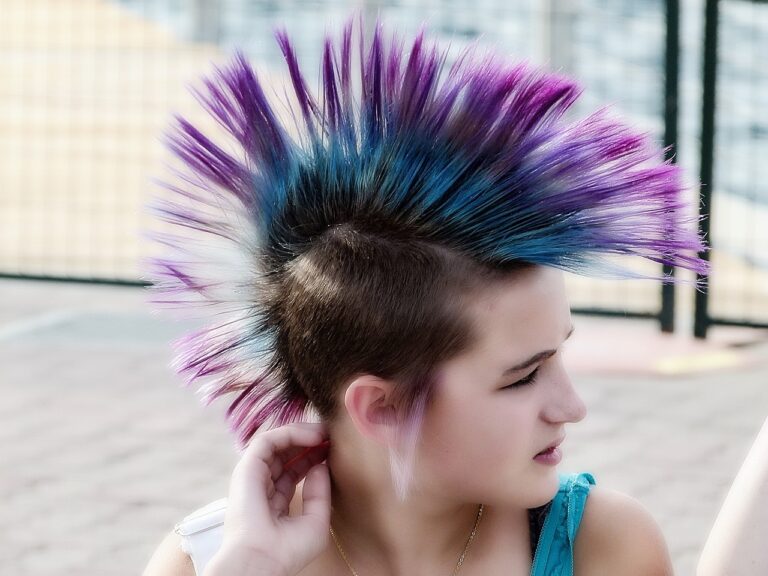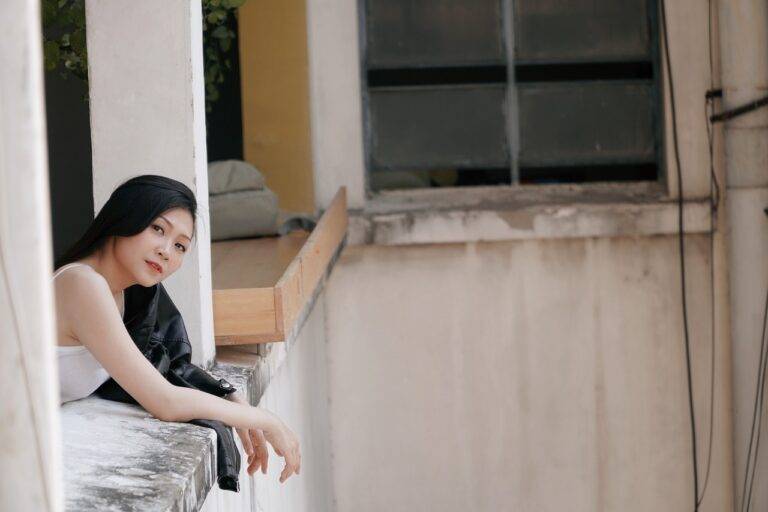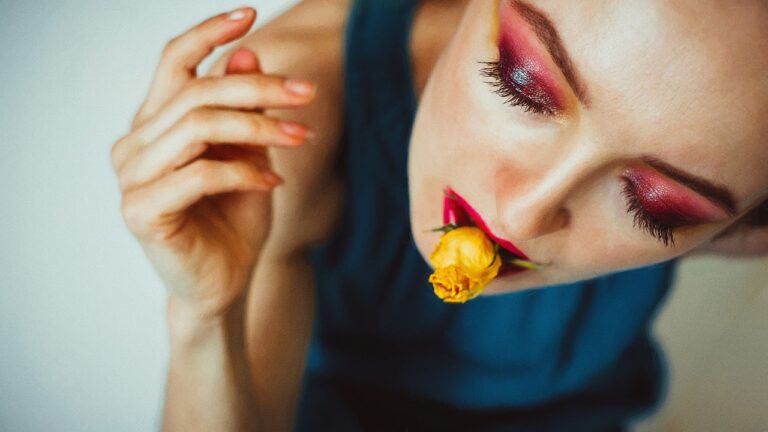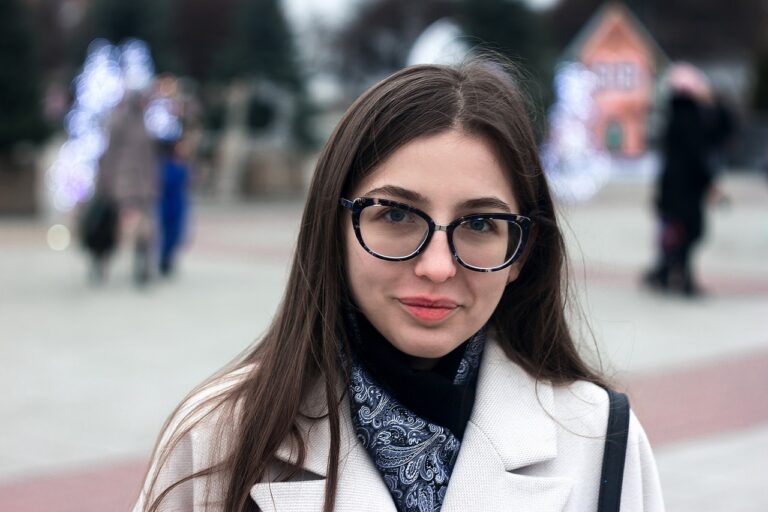Art Therapy: Using Creativity to Heal and Express Yourself
Creative expression is a powerful tool that can bring about healing and transformation. Engaging in various forms of art such as painting, writing, or music can provide a means of self-expression and release of emotions that may be difficult to articulate verbally. Through the act of creation, individuals can explore their innermost thoughts and feelings, gaining a deeper understanding of themselves and their experiences.
Art has the ability to transcend language and cultural barriers, connecting people on a universal level. Whether creating art or experiencing the work of others, individuals can find solace, inspiration, and a sense of connection to something greater than themselves. This process of creative expression can be cathartic, allowing individuals to process and cope with challenges or trauma in a safe and non-judgmental space.
• Creative expression allows individuals to explore their innermost thoughts and feelings
• Art can transcend language and cultural barriers, connecting people on a universal level
• Engaging in art can provide solace, inspiration, and a sense of connection
• The process of creative expression can be cathartic for processing challenges or trauma
Understanding the Connection Between Art and Mental Health
Art has long been recognized as a powerful tool for improving mental health. Through various art forms such as painting, music, and dance, individuals can tap into their emotions, express their thoughts, and process their experiences. The act of creating art allows for a release of pent-up feelings and a cathartic experience that can lead to a sense of relief and emotional well-being.
Furthermore, engaging in art can help individuals to gain insights into their own minds and emotions. By expressing their innermost thoughts and feelings through art, individuals can gain a better understanding of themselves and their mental health challenges. This process of self-exploration through art can lead to increased self-awareness, self-acceptance, and ultimately, can contribute to overall mental well-being.
Exploring Different Forms of Art Therapy
Art therapy encompasses a variety of forms that offer individuals ways to express their emotions, thoughts, and experiences through creative processes. One such form is visual art therapy, where individuals use mediums such as painting, drawing, or sculpting to externalize their inner world. This form allows for the exploration of personal narratives and the processing of trauma in a non-verbal way.
Another form of art therapy is music therapy, which utilizes music and sound to promote emotional well-being and enhance self-awareness. Through playing instruments, composing music, or engaging in listening exercises, individuals can access and express their feelings in a safe and supportive environment. Music therapy has shown to be particularly effective in reducing anxiety and improving mood in individuals with mental health challenges.
What is art therapy?
Art therapy is a form of therapy that utilizes creative expression as a way to improve mental and emotional well-being. It can involve various artistic mediums such as painting, drawing, sculpting, and more.
How does art therapy help with mental health?
Art therapy provides a non-verbal outlet for individuals to express their thoughts and emotions. Through the creative process, individuals can explore their feelings, reduce stress, and gain insight into their own experiences.
Can anyone benefit from art therapy?
Yes, art therapy can be beneficial for individuals of all ages and backgrounds. It can be particularly helpful for those struggling with anxiety, depression, trauma, and other mental health issues.
What are some different forms of art therapy?
Some forms of art therapy include music therapy, dance/movement therapy, drama therapy, and expressive arts therapy. Each form utilizes different creative mediums to help individuals process and understand their emotions.
Is art therapy only for individuals who are artistic?
No, you do not need to consider yourself artistic or have any prior experience with art to benefit from art therapy. The focus is on the process of creating and expressing, rather than the end result.







